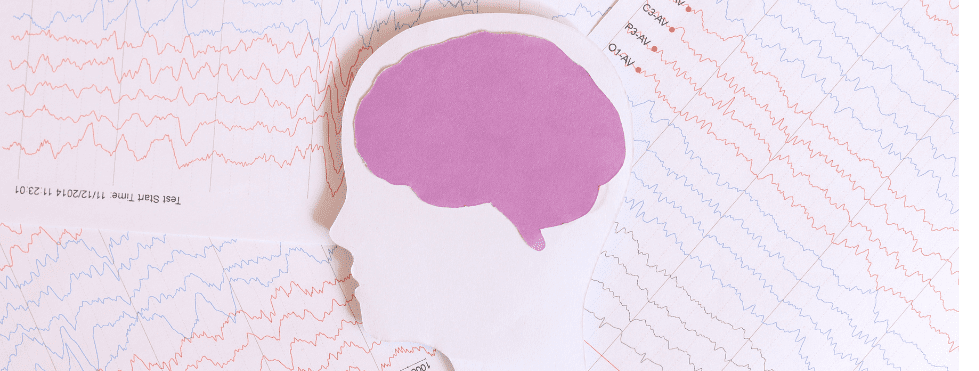

Adults with attention-deficit/hyperactivity disorder (ADHD) are nearly three times more likely to develop dementia than adults without ADHD, according to a Rutgers study.
The study, coauthored by Michal Schnaider Beeri, director of the Herbert and Jacqueline Krieger Klein Alzheimer’s Research Center at Rutgers Brain Health Institute (BHI) was published in JAMA Network Open. It followed more than 100,000 older adults in Israel over 17 years to examine if adults with ADHD are at increased risk for dementia, including Alzheimer’s disease.
Although more than 3 percent of the adult population in the United States has ADHD, there is limited research on this group.
“By determining if adults with ADHD are at higher risk for dementia and if medications and/or lifestyle changes can affect risks, the outcomes of this research can be used to better inform caregivers and clinicians,” said Beeri, the Krieger Klein Endowed Chair in Neurodegeneration Research at BHI and a faculty member of the Rutgers Institute for Health, Health Care Policy and Aging Research.
Using data from a national cohort study of more than 100,000 people who were followed from 2003 to 2020, researchers analyzed those with and without ADHD and the occurrence of dementia among the groups as they aged. Researchers found the presence of adult ADHD was associated with a significantly higher risk of dementia even when other risk factors for dementia were taken into account, such as cardiovascular conditions.
ADHD in adults may materialize as a neurological process that reduces the ability for them to compensate for the effects of cognitive decline later in life, researchers said.
“Physicians, clinicians and caregivers who work with older adults should monitor ADHD symptoms and associated medications,” said Abraham Reichenberg, a professor at the Department of Psychiatry at the Icahn School of Medicine at Mount Sinai and senior author of the study.
“Symptoms of attention deficit and hyperactivity in old age shouldn’t be ignored and should be discussed with physicians,” said Stephen Levine, a professor at the School of Public Health at the University of Haifa.
Additionally, the research suggests ADHD treatment incorporating psychostimulants may help reduce the risk of dementia in adults with ADHD as psychostimulants are known to modify the trajectory of cognitive impairment. But researchers said future studies should examine in more detail the impact of medications in patients with ADHD and how they could affect risk.
Other coauthors of the study include Anat Rotstein and Galit Weinstein of the University of Haifa; Arad Kodesh of the University of Haifa and Meuhedet Health Services; Sven Sandin of the Department of Psychiatry at the Icahn School of Medicine at Mount Sinai and Karolinska Institutet in Sweden; and Brian Lee of Drexel University.